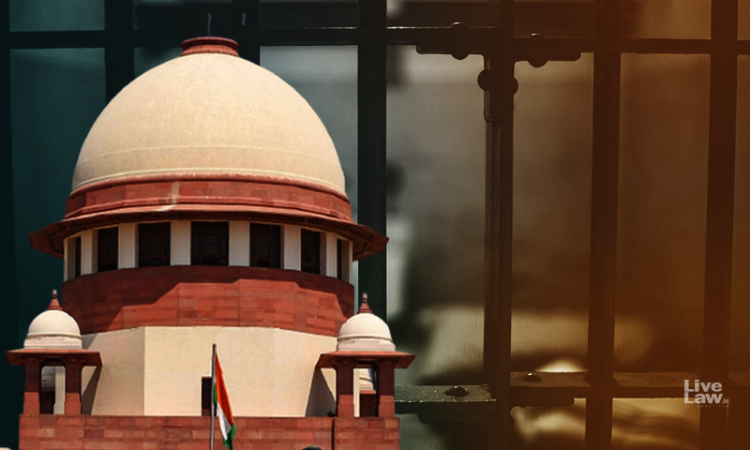In a matter concerning remission of convicts in the State of Uttar Pradesh, the Supreme Court bench comprising Chief Justice DY Chandrachud, Justice PS Narasimha, and Justice JB Pardiwala noted that the arbitrary application of different yardsticks for similarly placed convicts would give rise to a situation where the persons lacking resources would suffer the most. Earlier, the Court...

